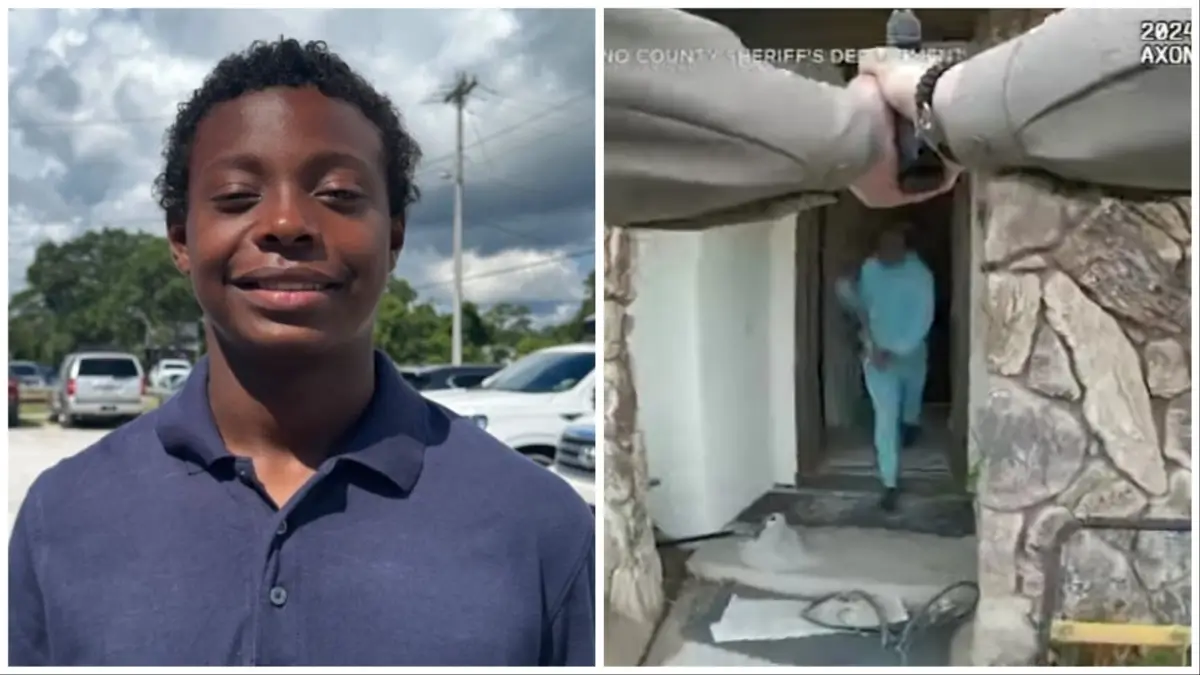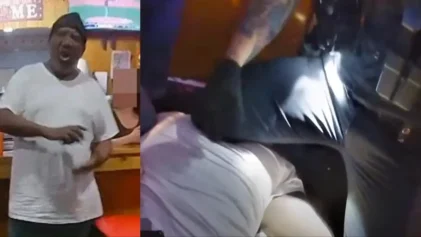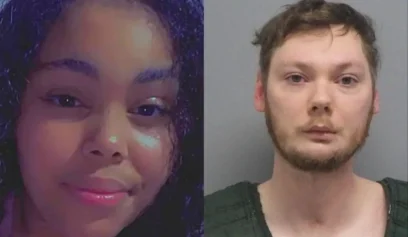The deadly shooting of a 15-year-old boy with autism in California has rekindled conversations on how to improve law enforcement responses to situations where people are experiencing behavioral crises.
Ryan Gainer was shot and killed by San Bernardino County deputies who were called to his Apple Valley home on March 9. Gainer’s family called 911 after the boy became upset over a disagreement with his parents involving his chores, according to the family attorney, Dewitt Lacy.

In the 911 call, Gainer’s sister told the dispatcher that Gainer broke a window, assaulted a family member, and said officers needed to “take him in.”
Lacy told CNN that Gainer had calmed down before deputies arrived and that his cousin called authorities to let them know, but deputies had already been dispatched.
The sheriff’s office released bodycam footage showing one deputy approaching the home’s open front door before Gainer suddenly appeared and began walking out of the house and toward the deputy while holding a large, bladed gardening tool.
The deputy backed away from Gainer and told him, “Hey, get back. You’re going to get shot!” Investigators revealed that both deputies fired their weapons. Three shots in total were fired. Gainer later died at the hospital.
“Why’d you shoot my baby,” one family member could be heard asking deputies after Gainer was shot. Another person can be heard asking why deputies didn’t use Taser instead.
It’s unclear at this point whether dispatchers or the deputies who responded to the call knew about the boy’s autism diagnosis or his mental state at the time of the call. However, San Bernardino County Sheriff Shannon Dicus said the sheriff’s office had been called to the home several times before this most recent fatal encounter. Law enforcement had even taken Gainer to a behavioral health facility during one visit.
“They had had some background, a relationship, a rapport with the family. Or so the family thought,” Lacy told CNN.
In the days since the shooting, questions have resurfaced about how this encounter turned so deadly so quickly and how law enforcement can de-escalate encounters with people suffering mental health or behavioral crises without using lethal force.
Cases like that of Cameron Linden, a 13-year-old boy on the autism spectrum who was shot by police in Salt Lake City, and that of 52-year-old Patrick Warren Sr., a pastor who was fatally shot as he was experiencing a mental health crisis, have also prompted these same questions.
“Police are often called to address situations involving people who are in the midst of a mental health crisis. We also know from the data that these encounters too often result in that person being killed or seriously injured,” Adante Pointer, an Oakland-based civil rights attorney who represented several families of people who were shot by police, told Atlanta Black Star.
Government reports cited data from 2016 that revealed that between 6 to 10 percent of all police contacts with the public involve persons with serious mental illnesses. That same data shows that at least one in four individuals fatally shot by police in the United States had a serious mental illness.
“There is no reason that law enforcement should be the ones that end up having to get involved in these crises, specifically, when we’ve off-ramped these individuals to social services that are supposed to be designed to take care of their mental health needs,” Sheriff Dicus said, following an initial comment he released on social media about Gainer’s shooting.
“What we need to really look at is even if we had the best of health care, the best psychologist in that immediate interaction … there are no magic words. We pay law enforcement officers to stop threats and to stop violence.”
Rashmi Goel, an associate professor at the Sturm College of Law at the University of Denver, has researched policing people with cognitive impairments, including dementia.
She told Atlanta Black Star that while many law enforcement jurisdictions train officers on de-escalation, instances emerge that show how ill-equipped some officers are when it comes to understanding how to handle a mental health crisis properly.
“We have higher rates of mental illness, higher rates of people with dementia, and police are expected to respond to all of these cases,” Goel said. “That burden on police, whether we think it’s fair or not, is not working. I don’t think police can be experts in all of these areas. Many don’t have nursing degrees or crisis intervention specialties. Probably, the best thing to do is to take the police out of the equation in these particular circumstances.”
Goel underscored the success of pilot programs that deploy mental health professionals rather than law enforcement to scenes where an individual might be suffering mental or emotional distress.
The CAHOOTS program, also known as Crisis Assistance Helping Out On The Street, was started 30 years ago in Eugene, Oregon. Local police collaborate with the community assistance clinic to help homeless or mentally ill people in instances where force isn’t necessary. Those crisis workers can properly assess a situation and employ de-escalation strategies.
However, in cases where a situation becomes violent, they can call police to the scene. In Goel’s article “Grandma Got Arrested: Police, Excessive Force, and People with Dementia,” her figures show that out of all the 911 calls dispatchers in the town received, 20 percent were routed to CAHOOTs.
The program responded to 24,000 calls in 2019, and police assistance was called in for only 150. None of them resulted in a fatality. There’s also the Denver STAR (Support Team Assisted Response) Program in Colorado. Launched in 2020, the program deploys mobile crisis units and personnel who are experts in danger assessment and de-escalation.
“While police are taught de-escalation, it can be a challenge for officers to discern whether to use lethal force or de-escalation in every case,” Goel explained. “I think training police in de-escalation is necessary, but providing alternative response methods that employ medic and crisis response experts who can de-escalate a mental illness crisis are really important.”


